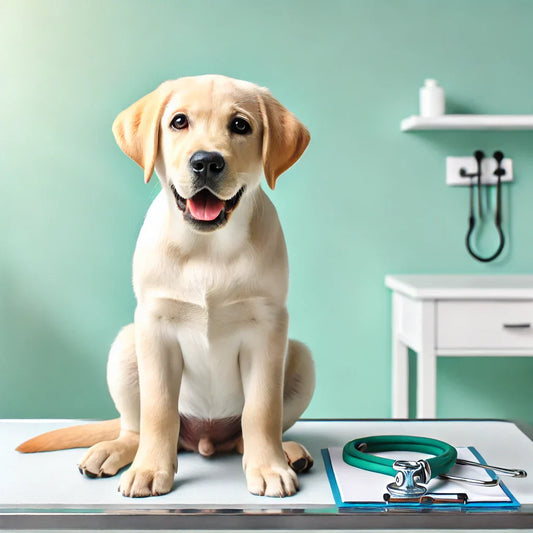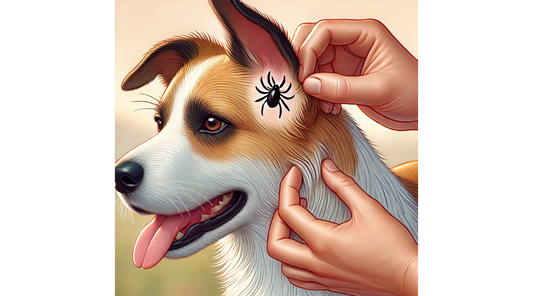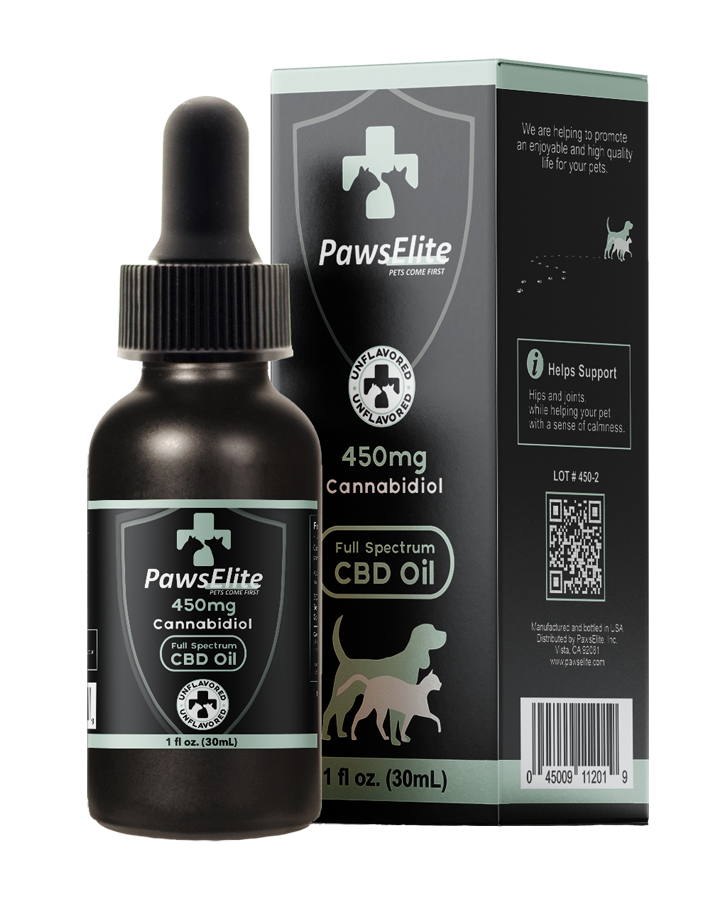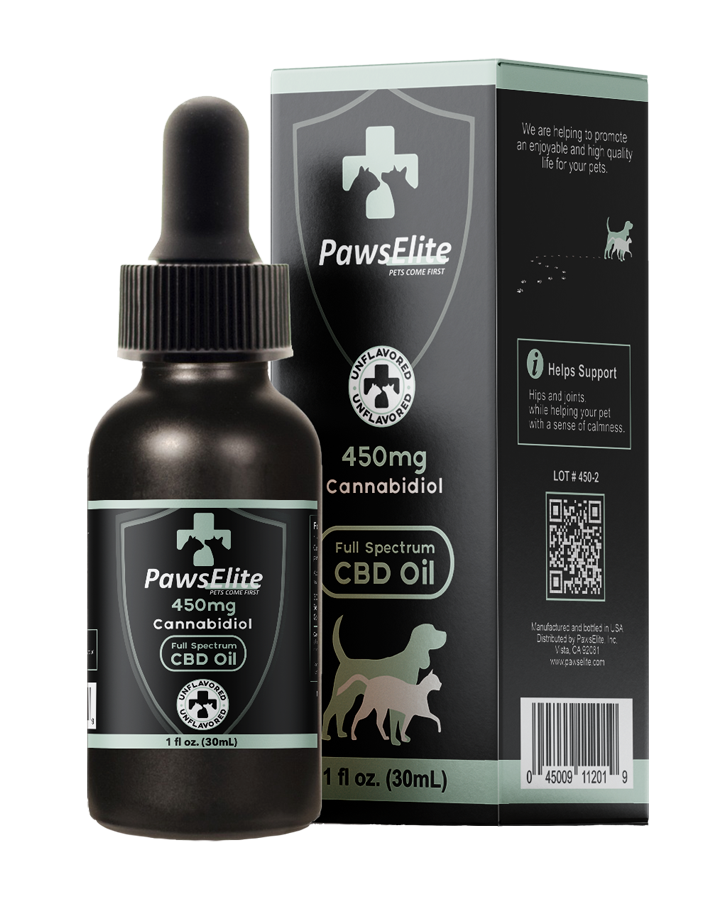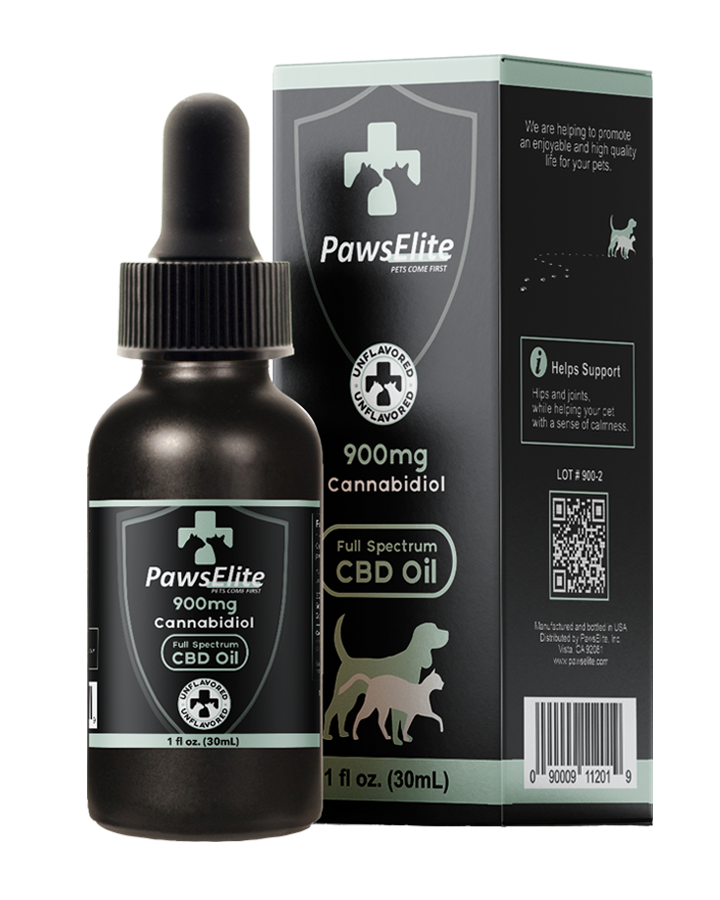
When Pets Get High: What to Do When Your Furry Friend Ingests Cannabis
Share
Sponsored Post
Cannabis rules are being eased all around the US and cannabis products are becoming increasingly easy to access. For many people, this is great news, but there are some new risks and challenges to watch out for, especially if you have pets.
While cannabis products might be vital for you, providing soothing therapeutic benefits and stress relief, they’re not so safe for your furry friends. It can be quite dangerous if a dog or cat ingests cannabis, for example, and this guide will cover all you need to know on the subject.
Pets and Marijuana
Before we look at what might happen if your pet accidentally eats up some random cannabis flower you left lying around or other marijuana products, it’s important to have a basic understanding of animals’ relationship with marijuana.
Just like in humans, cannabis can produce certain effects in animal bodies. There have been various studies into different species, and researchers have found that animals like dogs and cats may also experience things like pain relief or increased appetite after eating cannabis.
However, there are also risks. Dogs and cats have lower thresholds of tolerance than humans, and it only takes a small amount of marijuana to produce big effects. Plus, the long-term risks of marijuana use in pets are unknown, due to a lack of research on the subject.
Benefits of Medical Cannabis for Pets
As mentioned above, medical cannabis may present certain benefits for pets, just like humans. In fact, a lot of the benefits that people experience can also be felt by animals, such as pain relief and stress relief.
- Pain - Some studies and experts have suggested that cannabis could be used to help pets who are living with chronic pain conditions, in order to make their lives more comfortable.
- Stress - Certain circumstances, such as solitude or loud disturbances like fireworks, can induce signs of stress in dogs and cats. Cannabis could be used to calm their nerves and help them sleep.
- Appetite - Cannabis may also help to stimulate the appetite of certain animals and help them eat. This could be very beneficial in dogs or cats that are struggling to eat due to health problems.
Pet Cannabis Laws in Different States
Understanding the legal landscape surrounding pet cannabis is essential for every responsible pet owner. While federal law still categorizes cannabis as a Schedule I substance, meaning it is illegal, numerous states have taken individual approaches to regulate its use, both for humans and animals.
Colorado, being the pioneering state to legalize cannabis for both medicinal and recreational purposes, has also been at the forefront of extending this legality to pets in 2017. Certain states have made their own laws, like California. With its progressive stance on cannabis use, California has been exploring legislation to allow veterinarians to discuss and recommend cannabis products for pets.
In the pet-friendly city of Portland, Oregon, where cannabis has been legalized for both medicinal and recreational use, you'll find a thriving market catering to pets' well-being. However, before visiting your local cannabis dispensary in Portland to collect some cannabis products for your pup or cat, you need to be aware of the rules and regulations in place.
With diverse regulations concerning cannabis and pets across different states, it is vital for pet owners to respect and comply with the laws specific to their state
Can Dogs Get High?
Yes, it's absolutely possible for dogs and other animals to get high, if they consume cannabis products that contain enough THC. THC is the cannabinoid that produces the feeling of being high, and it works in dogs quite similarly to how it works in humans.
It can bind with cannabinoid receptors in the endocannabinoid system, or ECS, triggering certain effects and sensations. Not only that, but the dog ECS is more sensitive than the human one, and even a very small amount of THC can produce a high-like state.
Signs That Your Pet Has Eaten Marijuana
Your pet could sneakily consume some weed that you didn't know about, like an old piece of flower that fell down the back of the couch or a not-so-secret stash you left somewhere. Luckily, there are signs and symptoms to watch out for, which should help you see if a dog has eaten cannabis:
- Tiredness
- Increased appetite
- Twitching or shaking
- Peeing indoors
- Looking disoriented
- Becoming hyperactive
- In the worst cases, loss of consciousness and entering into a coma
What to Do If Your Pets Eats Marijuana
If you’re suspicious or sure that your pet has consumed marijuana, the best thing to do is visit the vet as soon as possible. You can take steps to help your pet, like calming them down and potentially helping them vomit (with the aid of certain medical products) before the weed takes effect, but professional levels of care are typically required in these situations.
How Do Vets Treat Pets that Ate Cannabis?
Vets at a holistic pet hospital will be able to examine your pet and judge the seriousness of the case. They may need to take blood and urine tests to determine how much THC is in the pet's system and then decide on the next steps to support the animal through recovery, which could include IV fluids or other support systems and treatments.
How To Prevent Your Dog From Eating Marijuana?
Dealing with a stoned dog or other animal can be scary, and in the worst cases, it may lead to serious health consequences for your furry friend. The best way to avoid all of that is to prevent your dog from accessing and eating any marijuana or cannabis products to begin with.
To do so, make sure you never leave cannabis paraphernalia out in the open and always seal and store cannabis products in closed containers, far out of your canine companion’s reach.
Conclusion
Pet owners can feel guilty or scared if they discover that their pet has consumed cannabis without them noticing, but in most cases, the situation should resolve itself, and cannabis isn't fatal to dogs or cats. However, it can still be dangerous, so if you spot any of the signs, be sure to contact your vet right away.


